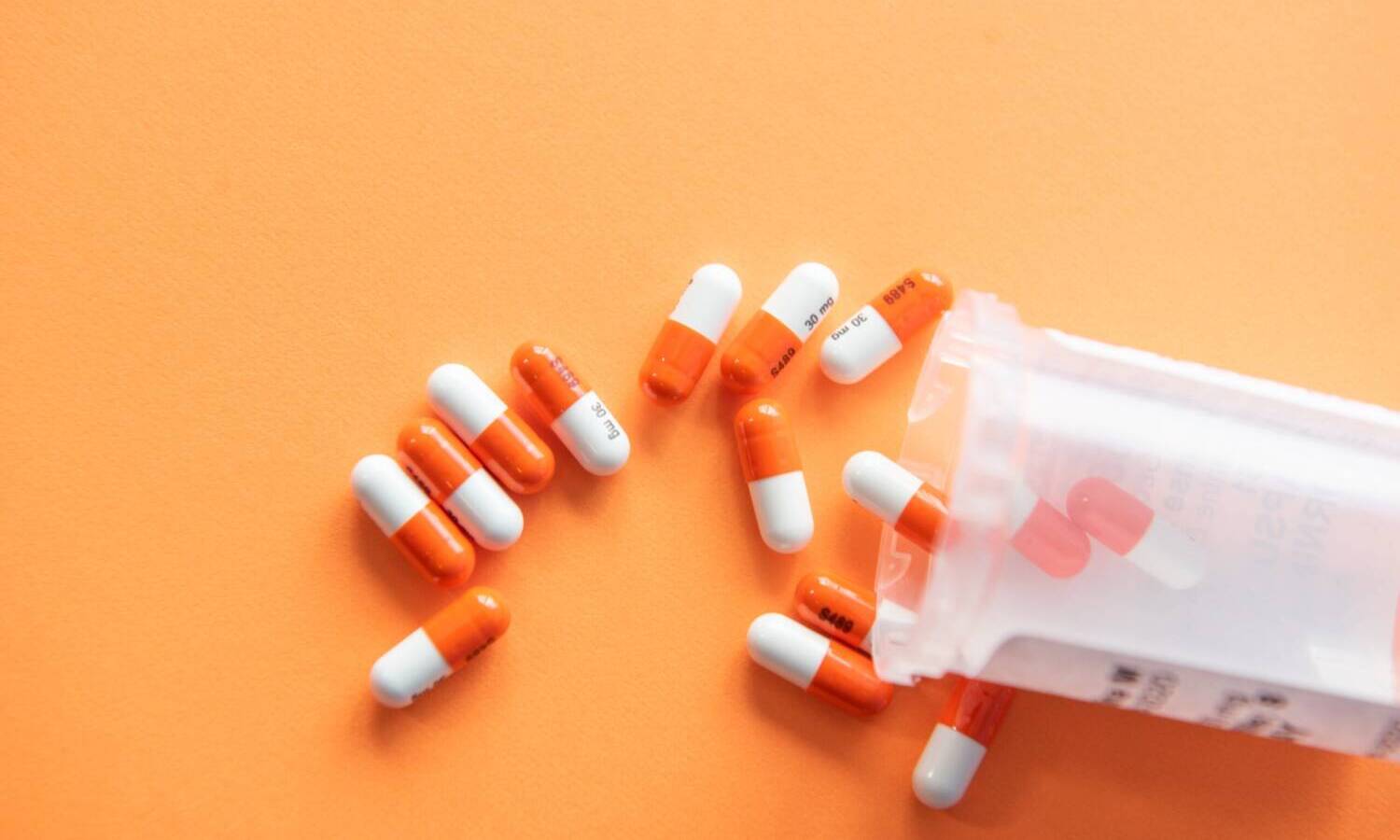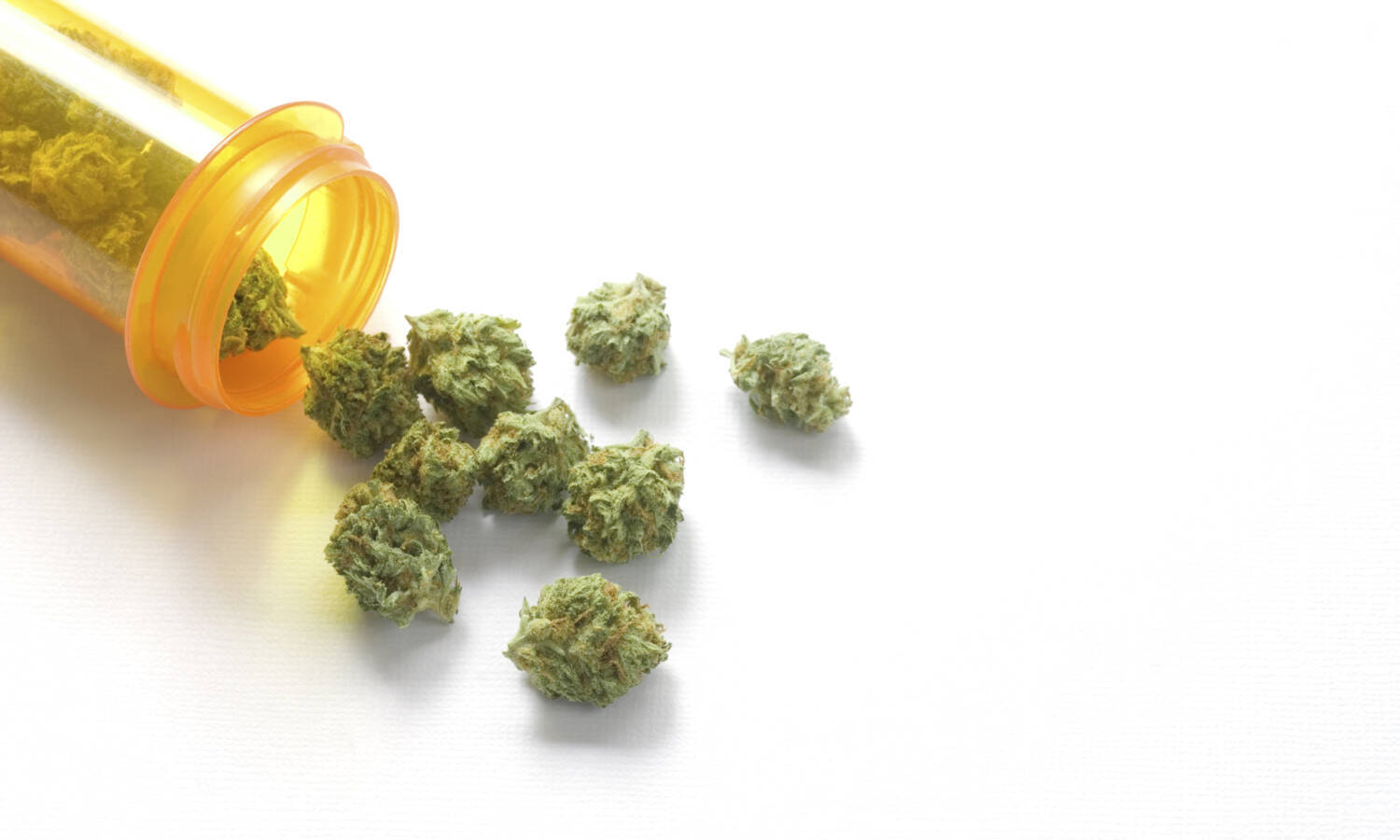This is the first study to ever assess the impact of marijuana on the pharmaceutical industry, regardless of patient or product type.
Each time a single person chooses to medicate with marijuana products instead of pharmaceutical drugs, it’s one big step for the legal cannabis industry and dollars lost for Big Pharma.
Ever since cannabis legalization began to take traction in the United States, Big Pharma has felt the looming threat. Slowly, biotech firms began to develop not just in the US but abroad as well, focusing on how to utilize the health benefits of the cannabis plant and translate it into safe, effective medicine that has successfully treated many conditions with no side effects — something Big Pharma has failed at doing. To add insult to injury, cannabis has also been effective at treating the opioid epidemic which is caused by medications developed by them.
Now, a new study has found that Big Pharma loses billions of dollars when states legalize marijuana. The peer-reviewed study, entitled “US Cannabis Laws Projected To Cost Generic And Brand Pharmaceutical Firms Billions”, analyzed how publicly traded pharmaceutical firms fared after adult-use or medical marijuana laws were enacted by states. According to Ziemowit Bednarek, California Polytechnic State University’s Finance Department, together with Sarah Stith, pharmaceutical stocks were worth 1.5-2% lower in only 10 days following cannabis legalization.

It solidifies other studies demonstrating how access to legal marijuana reduces consumption of fatal and addictive opioids. However, this is also the first study to ever assess the impact of marijuana on the pharmaceutical industry, regardless of patient or product type.
The study’s authors also predicted an 11% drop in pharmaceutical sales if cannabis were ever federally legal, which would cost them billions. They also acknowledge the fact that people are substituting marijuana for conventional drugs even if the industry is still working on dosage guidelines, coverage from health insurance, and standardization issues.
“Currently, cannabis patients and their providers have little information to guide them towards the most effective treatment for their condition. The future of cannabis medicine lies in understanding the prevalence and effects of the plants’ components beyond THC and CBD and identifying ways to categorize cannabis by measurable characteristics that are known to yield specific effects,” explains Stith. She also goes on to explain that in their findings, branded pharmaceutical drug companies were affected more than generic firms, likely because of the competitive impact.
The authors concluded by saying that pharmaceutical manufacturers can benefit from this by investing in the cannabis landscape instead of fighting them.
If You Can’t Beat Them, Join Them
There have been numerous cases of Big Pharma lobbying against the cannabis industry. One of the most notorious cases was that of Insys Therapeutics, a firm based out of Arizona, who was found to have spent $500,000 to a group called Arizonans for Responsible Drug Policy, which was established to try and fight Proposition 205 back in 2016. Prop 205 was the voter initiative that legalized marijuana in Arizona.
RELATED: Why Big Pharma Loves The Power Of Synthetic Cannabinoids
It’s no surprise why: Insys Therapeutics back then was responsible for just one product: Subsys, a sublingual spray made out of fentanyl, an extremely strong opioid that has taken thousands of lives. “Insys Therapeutics made $62 million in net revenue on Subsys fentanyl sales in the first quarter of this year, representing 100 percent of the companies earnings,” reported The Washington Post.
More recently, a group called the Community Anti-Drug Coalitions of America (CADA), which has made it their mission to advocate against the federal legalization of cannabis, shut down a page on their website where they listed their partners. One of them is Pfizer, a large global pharmaceutical firm.
What makes it ironic is that in 2021, Pfizer inked a joint deal with Arena Pharmaceuticals Inc., a biotech firm that has dedicated a segment of their medications to developing cannabinoid drugs. Arena is focused on developing drugs that target the cannabinoid receptors to treat pain caused by gastrointestinal conditions. Even if Pfizer is not directly in the business of touching the plant, it doesn’t change the fact that they are trying to make money from it.

At the end of the day, Big Pharma really is in a much better position to support cannabis instead of fight back. There’s simply no competition with marijuana – a natural, affordable plant that contains hundreds of compounds, affecting people differently yet with minimal, if any, side effects. Unlike pharmaceutical medications that come with a range of undesirable side effects if they even do work on patients.
RELATED: Is Big Pharma Weed Coming With Pfizer’s Recent Purchase?
Marijuana is one plant that can be used to treat dozens of conditions: chronic pain, anxiety, insomnia, Parkinson’s disease, cancer, depression, epilepsy, and so much more. Pharmaceutical medications have tried in vain to develop drugs that would treat these same conditions, and while they worked for some, many did not find relief. Instead, patients were left broke and unable to afford expensive treatments and medications. Whereas cannabis simply works. It’s extremely powerful and that’s why pharmaceutical corporations are afraid, feeling threatened.
So threatened, in fact, that Big Pharma has been trying to copy various cannabinoids by taking advantage of its federally illegal status and instead developing synthetic cannabinoids that they can profit from. In doing so, they also control the price and release of cannabinoids. Large pharmaceutical conglomerates need to stay afloat somehow, so they must innovate and do what they can in the meantime.
But the cannabis industry has got to keep on fighting back. Let’s not lose hope that the government will finally change the federal status of marijuana in the near future.
This article originally appeared on Cannabis.net and has been reposted with permission.


